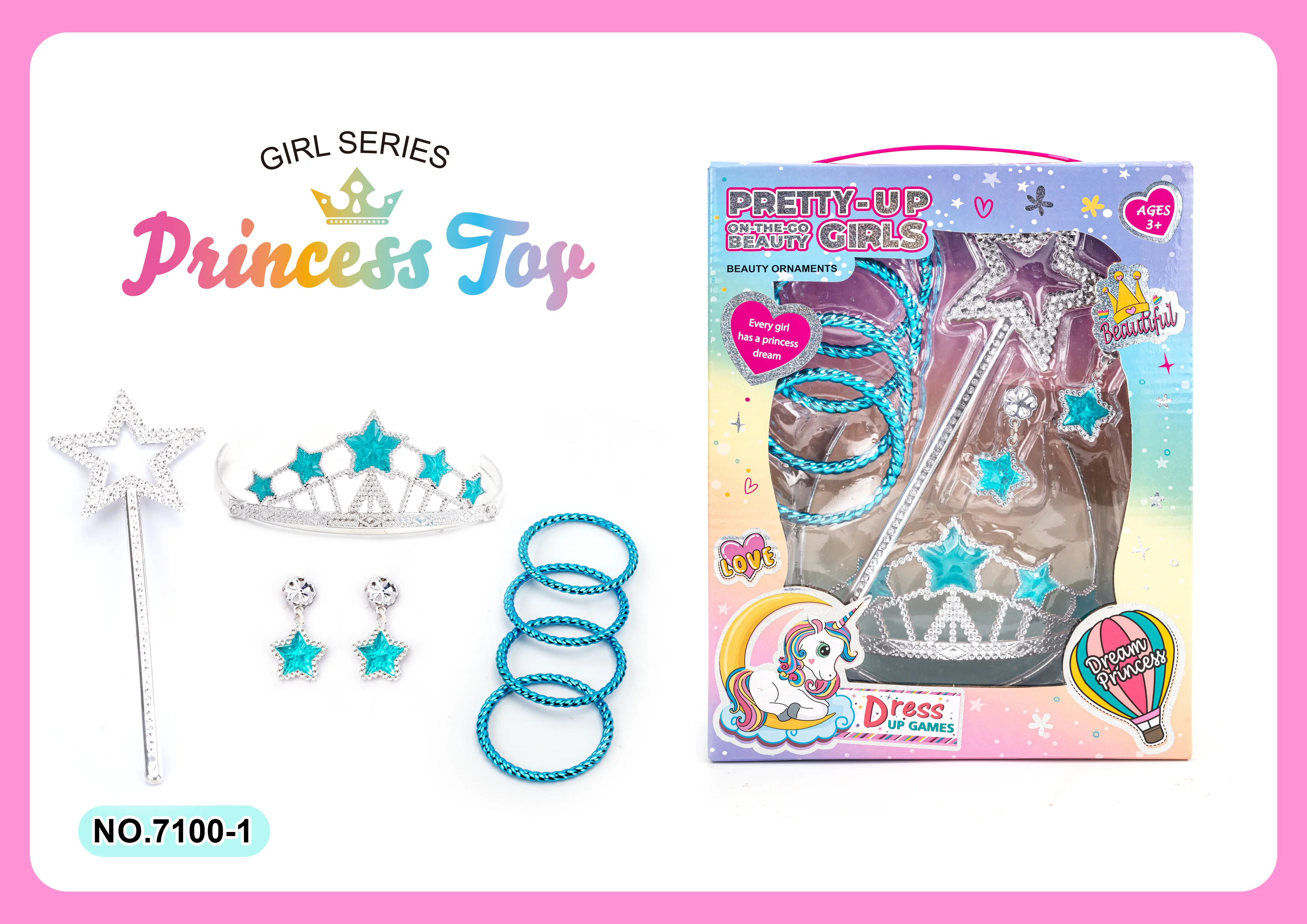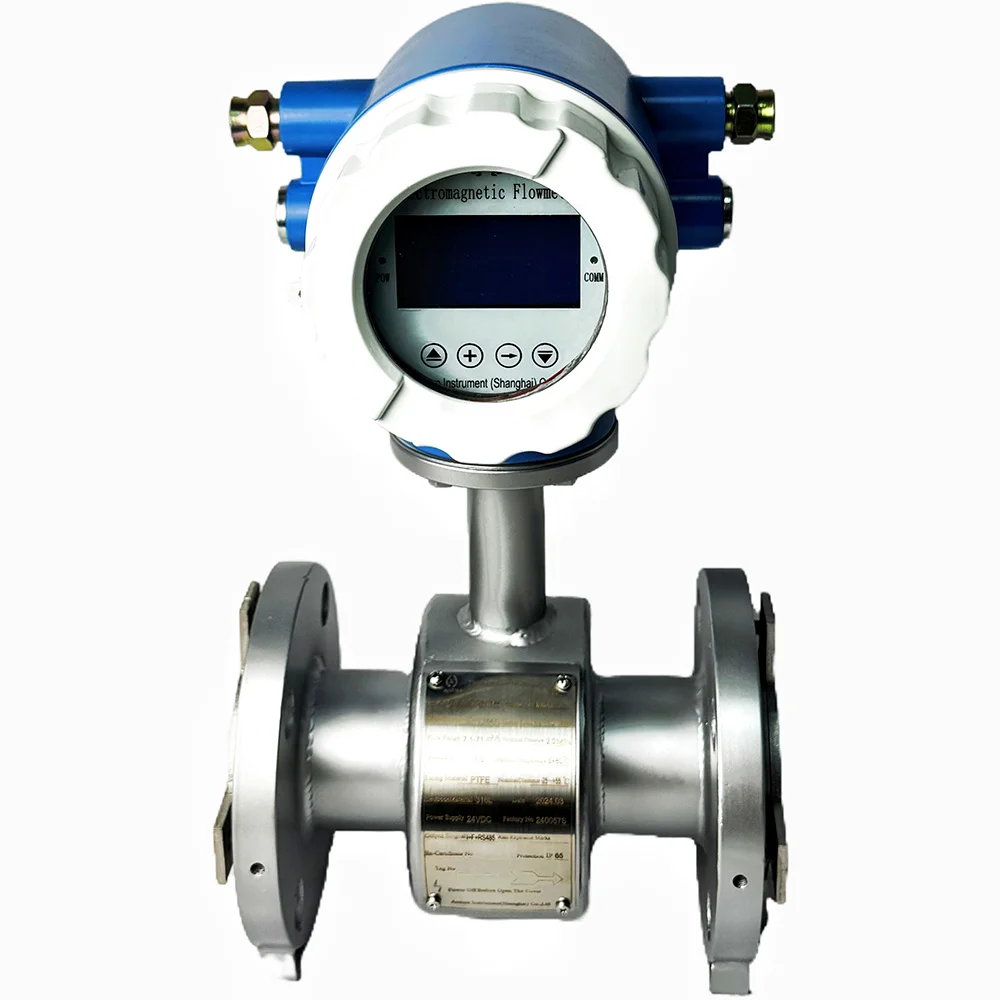Decoding the Distinction: Unveiling the Nuances Between Body Cream and Body Moisturizer
In the realm of skincare, body creams and body moisturizers are often used interchangeably, leading to confusion among consumers. However, understanding the subtle differences between these two products is crucial for selecting the most suitable option for your skin's needs. In this blog post, we will delve into the depths of body cream and body moisturizer, unraveling their unique characteristics, benefits, and ideal usage scenarios.
- Composition and Consistency:
Body Cream:
Body creams are typically formulated with a higher concentration of oil-based ingredients, such as shea butter, cocoa butter, or plant oils. This results in a thicker and richer consistency, providing intense hydration and nourishment to the skin. The emollient properties of body creams make them ideal for individuals with dry or dehydrated skin.
Body Moisturizer:
On the other hand, body moisturizers have a lighter texture, often containing a higher water content. They are formulated with a blend of humectants, such as glycerin or hyaluronic acid, which attract and retain moisture in the skin. Body moisturizers are suitable for all skin types, including oily or combination skin, as they provide hydration without leaving a heavy or greasy residue.
- Hydration and Moisture Retention:
Body Cream:
Due to their rich formulation, body creams excel in providing deep and long-lasting hydration. They create a protective barrier on the skin's surface, preventing moisture loss and promoting a supple and smooth complexion. Body creams are particularly beneficial during harsh weather conditions or for individuals with extremely dry skin.
Body Moisturizer:
While body moisturizers may not offer the same level of intense hydration as body creams, they are adept at maintaining the skin's moisture balance. Their lightweight formula allows for quick absorption, leaving the skin feeling refreshed and moisturized. Body moisturizers are ideal for daily use, providing a boost of hydration without feeling heavy or occlusive.
- Targeted Benefits:
Body Cream:
Beyond hydration, body creams often incorporate additional ingredients to address specific skin concerns. For instance, anti-aging body creams may contain ingredients like retinol or peptides to promote collagen production and improve skin elasticity. Similarly, body creams with soothing agents like aloe vera or chamomile can alleviate irritation or inflammation.
Body Moisturizer:
While body moisturizers primarily focus on hydration, they can also offer targeted benefits. Some moisturizers may include ingredients like antioxidants (e.g., vitamin E or green tea extract) to protect the skin against environmental damage. Others may feature brightening agents (e.g., niacinamide or licorice extract) to even out skin tone and enhance radiance.
Conclusion:
In summary, the distinction between body cream and body moisturizer lies in their composition, consistency, hydration levels, and targeted benefits. Body creams, with their rich formulation, are ideal for intense hydration and nourishment, particularly for dry or dehydrated skin. On the other hand, body moisturizers offer lightweight hydration and moisture retention, suitable for all skin types. Understanding these nuances empowers you to make an informed choice, ensuring your skin receives the care it deserves.






